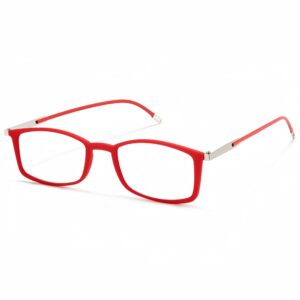
Great things in business are never done by one person. They’re done by a team of people. We have that dynamic group of peoples

Blue light is a color within the visible light spectrum that human eyes can perceive. It is shorter wavelength, and consequently, high energy. Blue light comes primarily from the following sources:
And while this is important, it’s particularly relevant for us today, as we are exposed to more blue light than ever before, especially through the digital devices we use.
It has been long since a question in our mind. Well, blue light isn’t entirely bad, but in excess, it can be problematic. Here’s how it affects you:
If you spend a lot of time in front of digital screens, you must protect your eyes from the destructive blue light they emit.
They might want to make blue light reading glasses if they use digital devices a lot. Here’s why:
So consider your daily screen time. If it’s hours on end, a nice pair of blue light reading glasses may be worth it.”
Lens blue blue filter light refers to glasses, popularly known as glasses blue light blocking. Here’s what they do:
By wearing blue light glasses when using digital devices, you may notice a significant change in your eye comfort.
Blue light filters — in either glasses or screen protectors — work by:
To protect your eyes further, along with blue light glasses, use blue light screen filters.
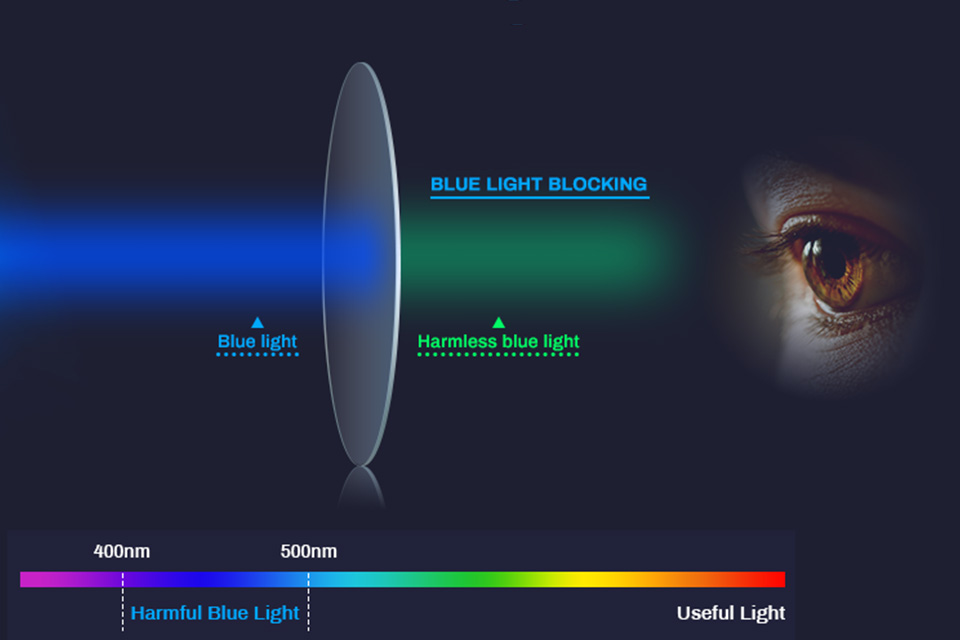
Not all blue light is bad! Here are some benefits:
It’s a matter of balance: getting enough natural blue light and avoiding too much artificial blue light that can be harmful.
Your circadian rhythm is your body’s internal clock. Blue light influences it by:
Reducing your exposure to blue light from digital screens in the evening can improve your sleep.
Macular degeneration is an eye disease that can distort central vision. Although the research is still being completed, blue light glasses may offer a helpful hand by:
While blue light lenses are not a surefire shield, they are an easily accessible step toward eye health.
When choosing blue light glasses, look for:
Finding the right pair increases the likelihood that you’ll wear them regularly.
Eye protection doesn’t end at glasses. Here are some tips:
Protecting the retina are the habits above and blue light readers.
But do blue light glasses actually help? Here’s what researchers and users are saying:
“Some eye care professionals recommend blue light-blocking lenses for these patients, particularly those who use screens continuously,” explains Dr. Sarin.
The best way to determine if they are right for you is to try them for yourself.
Blue light is becoming a part of our routine due to increased use of digital devices. The first key to better eye health is understanding blue light and its impact on your eyes. Blue light reading glasses provide a simple remedy to decrease eye strain, enhance sleep, and shield your eyes from long-term damage.
Remember:
If you take care of your eyes today, they will serve you with excellent vision and comfort tomorrow!
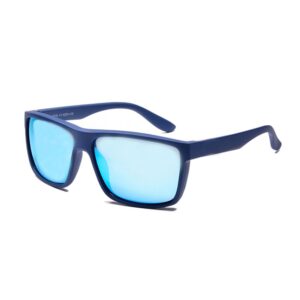
Home WhatsApp Email Blue Light Glasses, Eyeglasses Custom Glasses Frame Manufacturer, Custom Metal Green Glasses Frame Manufacturer, Green Glasses Frame
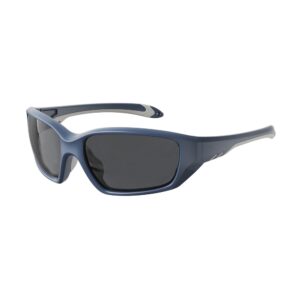
Home WhatsApp Email Blue Light Glasses, Eyeglasses Best TR90 Glasses Frames Manufacturers in China, Glasses Frames Manufacturers in China, TR90
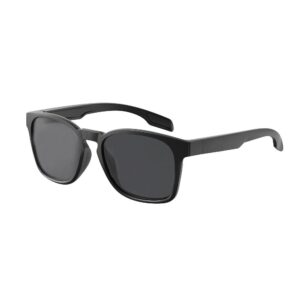
Home WhatsApp Email Eyeglasses, Titanium Frames Custom Eyeglasses Frames for Men, Mens Eyeglasses Frames, Titanium Eyeglasses Frames for Men Wholesale

Magnetic eyeglass frames have become a trendy choice for eyewear enthusiasts. But are magnetic eyeglass frames safe, and should you consider them for your next pair of glasses? This article dives deep into the world of magnetic glasses, exploring their safety, functionality, and why they might be the perfect fit for you.

Turning 40 can come with many surprises, but one of the more unexpected changes is in your vision.
If you’ve found reading small print or even focusing on things up close becoming more difficult, you aren’t alone. This article explains why people over 40 require reader glasses, helping you understand the underlying causes while providing solutions to maintain clear and comfortable vision.
Didn’t find what you want? Ask our manager for help!
Didn’t find what you want? Ask our manager for help!